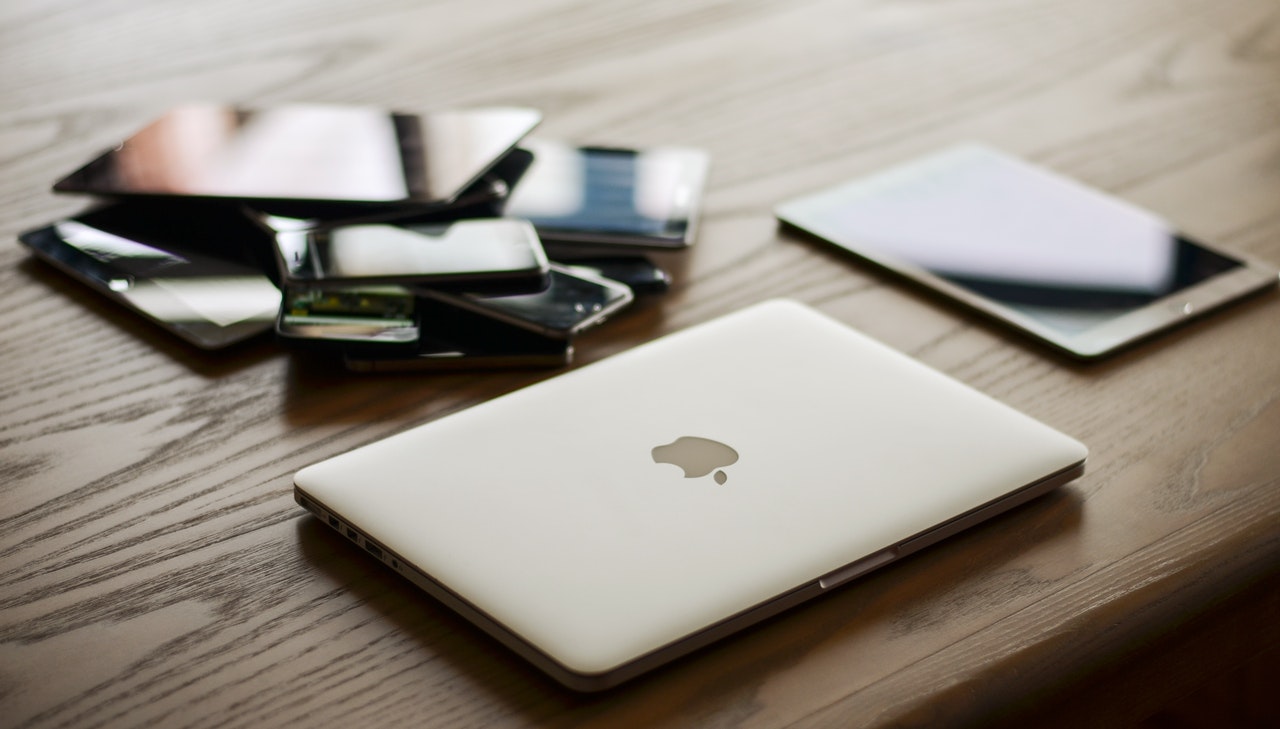The Pros and Cons of Buying vs Leasing Office Equipment

Whether to buy or lease office equipment is entirely dependent on the demands of the company. For reasons such as little money or the necessity to upgrade on an annual basis, several businesses prefer the idea of leasing equipment. On the other hand, some companies are well-established, and purchasing equipment is a viable alternative because it has a longer useful life.
It's a good idea to think about the advantages and disadvantages of leasing versus buying when you narrow down the equipment types your company needs. In rare circumstances, one option's cost-benefit ratio may outweigh the other by a large margin. It's critical to understand the benefits and drawbacks of both when determining whether to lease or buy your Equipment.
However, because every business is different, buying or leasing business equipment must be decided on an individual basis. Here's a breakdown of both choices.
Why should you buy office equipment?
Many people find office equipment appealing since owning it is satisfying, and the equipment aids in the smooth running of daily tasks. However, as good as it may seem, it may not be a viable solution for everyone.
Advantages of Buying Equipment
- Equipment ownership. The opportunity to have full rights is the most prominent benefit of purchasing equipment, which is a significant advantage in the long term, provided the item has a longer usable life. It will not become technologically obsolete shortly, such as agricultural machinery or office furniture.
- Deduction for taxes. The first year allows you to fully deduct the amount you spent on new Equipment on your tax return.
- Warranty. If a chair breaks, your company may not need to be concerned because having the option to use your Warranty to update any broken products is handy. You will be able to devote more time to critical tasks.
Disadvantages of Buying Equipment
- Higher initial costs are required. The expense of purchasing office equipment is prohibitively expensive for most people. As a result, it is not a viable solution for all. Even if you want to take out a bank loan, most require a 20% down payment. Borrowing money can tie up credit lines, and lenders may limit your future financial activities to guarantee that you can return your loan.
- Outdated Equipment. Owning your Equipment might be a benefit, but it can also be a hindrance. If you have purchased expensive Equipment, there is a chance that it will become technologically obsolete, forcing you to reinvest more sooner than you intended.
Why is Leasing office equipment optional?
Leasing equipment might be a cost-effective solution to get expensive products that your company requires to succeed. It may also allow you to have greater flexibility. In the long run, though, it may cost you more.
Advantages of leasing office equipment
- Lower initial cost. The lower upfront price is one of the most significant benefits of leasing your IT equipment rather than purchasing it altogether. IT equipment can be costly, especially if you buy a lot at once.
- Monthly expenses are predictable. Switching to a leasing plan for your IT equipment can save your initial investment and ensure predictable charges. This is especially crucial in unpredictable business conditions, such as the COVID-19 epidemic, where many organisations have staff who work remotely.
- Equipment upgrading. One of the most significant drawbacks of purchasing IT equipment is that most of it, particularly PCs and other comparable devices, can quickly become outdated. Because you can lease the most current Equipment, IT Equipment can make upgrading easier. You have the option to take out a new lease once your existing lease expires, allowing you to get more modern Equipment.
- Maintenance. Another significant benefit of leasing IT equipment is that you can avoid the maintenance and repair expenditures of purchasing it altogether.
- Tax Benefits. Lease payments are usually tax-deductible, lowering your liability when you file your tax return.
Disadvantages of leasing office equipment
- Penalties. When a lessee quits an Equipment Lease contract before the lease term expires, the lessee is usually compelled to pay a fee to the lessor. The lessee has a disadvantage as a result of the penalty payment.
- No ownership of the Equipment. Being unable to claim ownership of the Equipment can be a significant disadvantage. You won't be able to sell the equipment once you've finished using it. As a result, you will not be able to claim your money back. Unless, of course, the Equipment becomes obsolete before your lease ends.
- The entire lease period must be paid. Even if you cease using the device, you must pay for the whole of the lease period. Some leases provide you with the opportunity to end the lease if your company evolves and the Equipment you leased becomes obsolete, but there are always substantial early termination fees.
Final Thoughts
It would help to calculate the expected net cost of an item before determining whether to buy or lease it. Important considerations such as resale value, tax deduction, etc., are to be regarded while calculating—another thing to think about when purchasing equipment is whether it will become obsolete.
Try office simplify free



